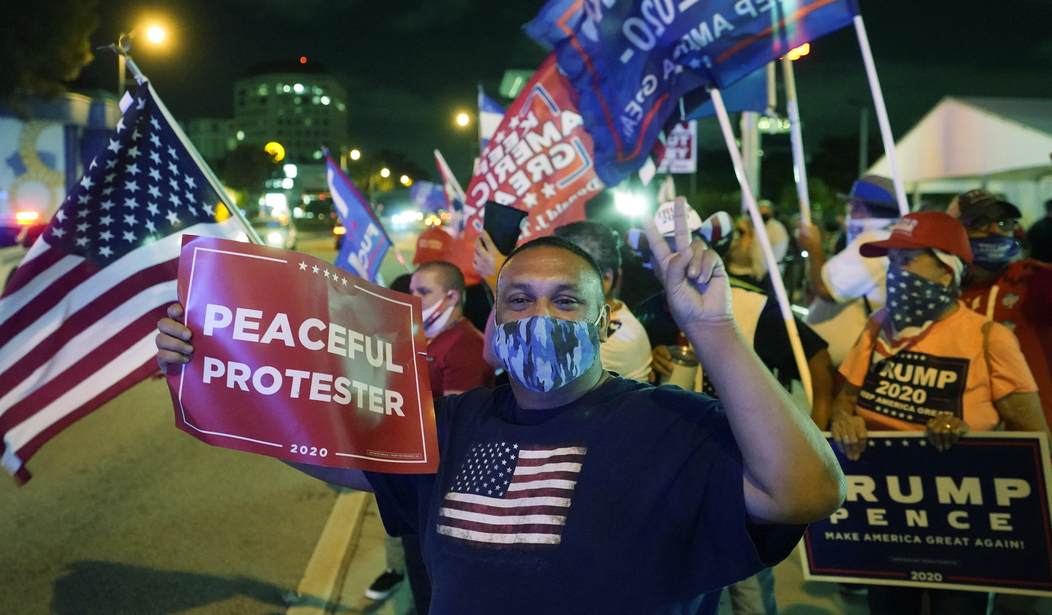If November’s elections did nothing else, they’ve beautifully illustrated just how stark the rural-urban divide truly is in this nation. That’s not overly surprising, either. The cities and the country have pretty much always been different worlds, even though they reside within the same national borders.
For many, though, that divide is a significant problem. After all, if you want to push through gun control, you’re eventually going to need at least some of those rural voters to side with you.
Over at Newsweek, Assistant Professor of Political Science at Brigham Young University Ryan W. Davis has opted to tell the anti-gun left how they’re missing the boat with rural voters.
Guns may be the most polarizing issue in America. While some progressives dismiss calls for “understanding” gun owners as a Trojan horse, there is a purely pragmatic reason for them to care: gun lovers are voting against them. They don’t have to be. And the changes it would take to reach them are nearly costless.
When it comes to political partisanship, America is divided largely along geographical lines. Democrats tend to dominate the coasts and upper Midwest, and Republicans control the South, plains and Mountain West region. But more specifically, and as anyone who watched the election night newscasts could observe, the partisan divide is between urban and rural America. Rural areas vote red, and cities vote blue. Rural voters turned out overwhelmingly for Trump.
What’s going on? How has the GOP consolidated rural voters within its coalition? The issue of gun rights provides one piece of the puzzle, and a window into the larger issue of partisanship. The NRA is weaker than ever, but rural Americans don’t care any less about guns.
…
Nothing else can play the role of guns. Hunting together demands a very specific mix of trust, endurance, skill and coordination. It confers status and prestige in groups where those honors might otherwise be hard to come by. Carrying a gun shows to others—and to yourself—that you’re fully a part. In psychologists’ terms, guns provide a way of self-symbolizing. Earlier I said we care about what guns mean to us, but that isn’t quite right. We care about what guns mean about us.
Some folks look down their noses at symbolic values. I’ve tried to argue that’s a mistake. No one lives a symbol-free life. Wanting to choose your career, or life partner, or to have your vote counted or religious traditions respected—all of these matter as ways of showing (to ourselves, as much as anyone) that we’re full members of our social world.
Here, I agree with Davis. While I don’t think of guns as symbols, I do think that the argument against them as such is kind of lame. Especially from a party that rallies behind a rainbow flag on a regular basis. How is that not a symbol? As such, how are so many related values not also symbolic values? Sure, they’re heartfelt, but so is our passion for the Second Amendment.
Where Davis loses me, though, is that he believes that rural voters do, ultimately, agree with many gun control positions while opposing gun-control candidates for sending the wrong signals.
That’s a mistake.
See, first, most rural voters who take positions on guns tend to be very gun-rights oriented. They’re not actually interested in restricting magazine capacity. After all, their Glock 19 has a 15-round magazine that would run afoul of a magazine ban, for example. They vote against gun control because they oppose gun control. Period.
Sure, they may tell a pollster something different, but when the rubber meets the road, they want their gun rights left alone.
Davis goes on to argue that the secret is to change how gun control is spoken about. Again, I disagree. The truth is that we argue anti-gunners want all of our guns not because of how they phrase their comments, but because history has shown us that it’s never enough for them. They’ll continue to take and take and take until there’s nothing left. Once we saw that, we drew a line in the sand and vowed not to give another inch of ground.
A kinder, gentler anti-gun movement won’t change that. They can’t erase their history, so if they want to address the rural-urban divide, they need to start acknowledging that the needs of the rural areas require firearms. It’s not that the country folks just like their guns, they need them. They need them for hunting, sure, but they also need them to protect a homestead that may be miles upon miles away from the nearest law enforcement officer.
Until they can grok that, there’s really no need for them to even bother trying to reach out. No one is interested in listening.








Join the conversation as a VIP Member